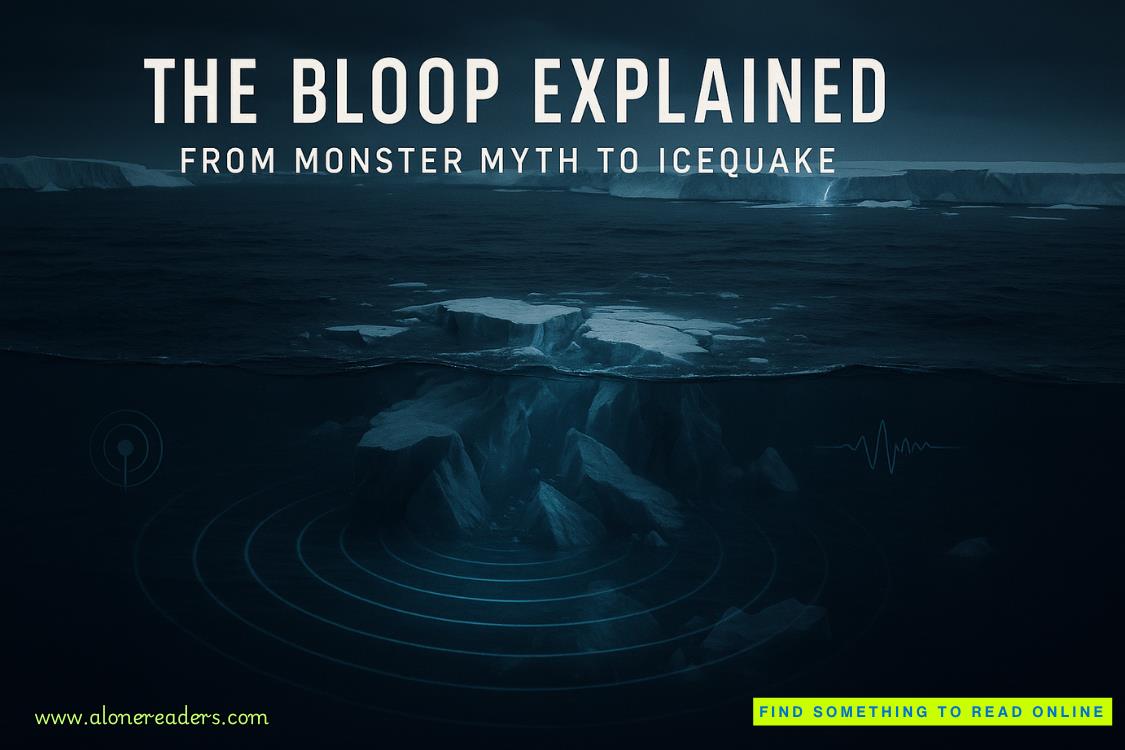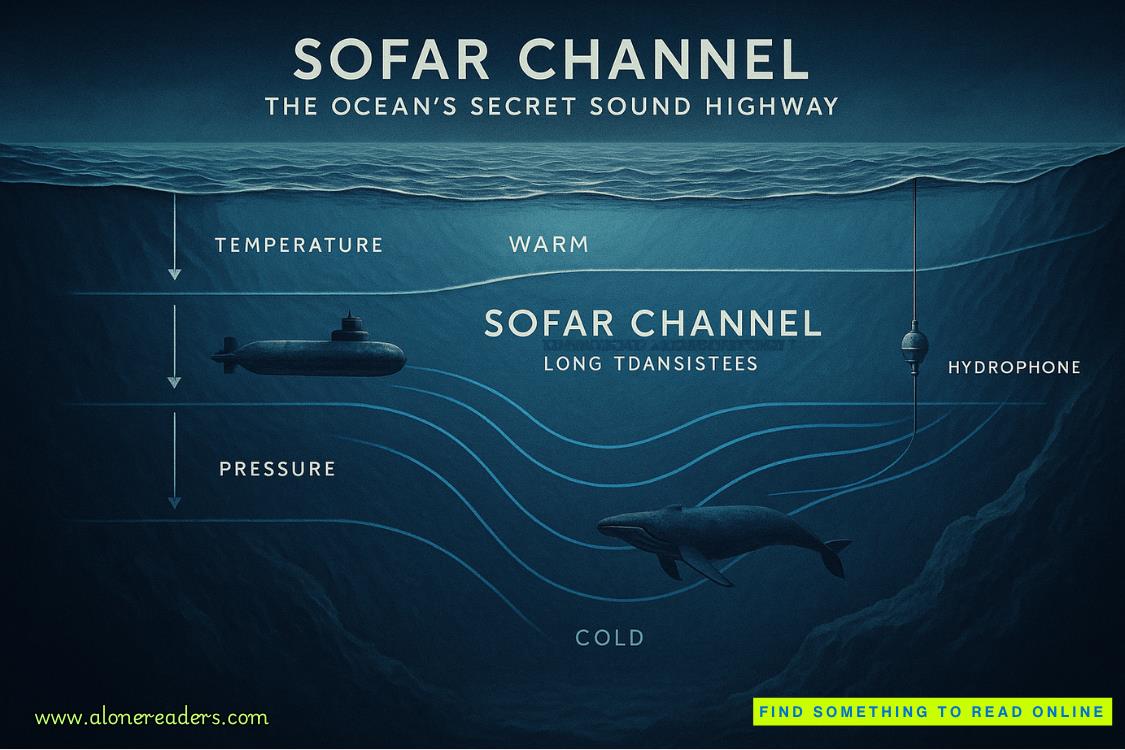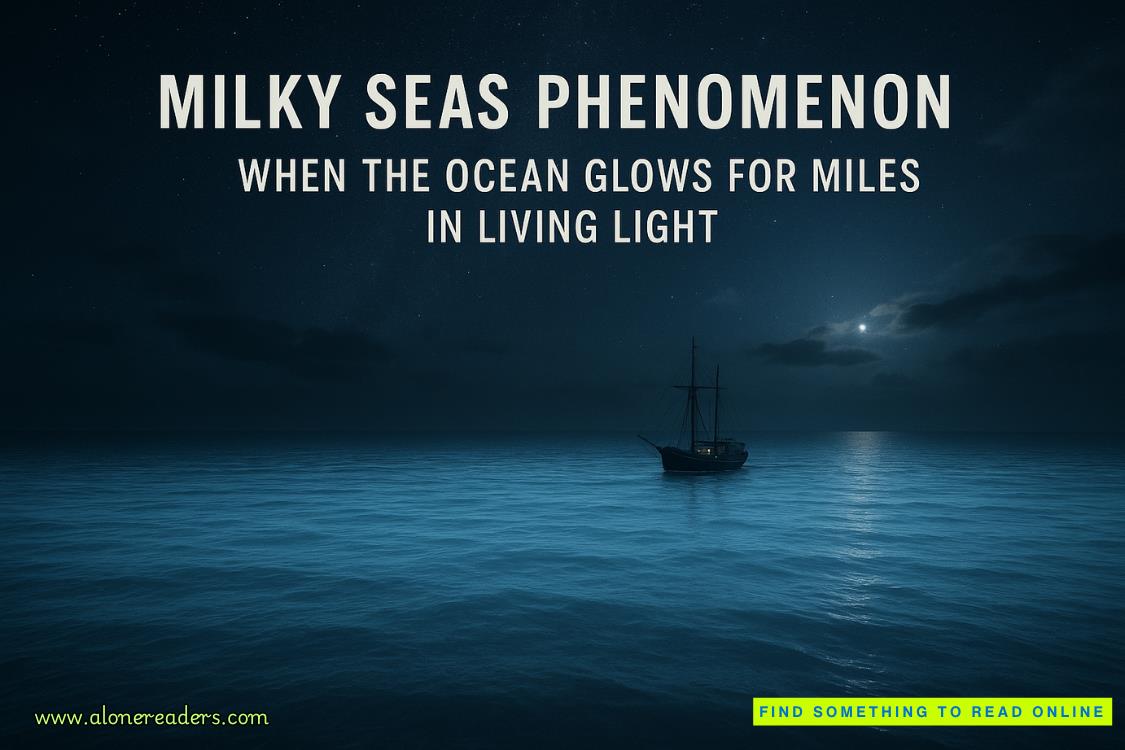“It always is.”
Will nodded and stared into the river. “I don’t like walking away from someone like we did today, leaving him standing there with a piece of paper that could get him shot if the Reds figure out what it is.”
I looked at him, at the man who’d said the words with real weight in his voice. There was no guilt, no fear, only truth.
“It’s his choice,” I said. “We offered him an exit. Whether he takes it is up to him.”
We turned back toward the hotel. The wind had picked up. I watched Will as we walked, his coat collar turned up, his hands back in his pockets. He looked calm to anyone else. Ordinary, even. But I’d known him too long, been too close, to mistake his stillness for peace. He carried the weight of this job like I carried mine—quietly, efficiently, and deep beneath my skin.
And tomorrow, we’d find out whether today’s gamble would pay off.
16
Will
Theworstpartofevery mission was the waiting.
Waiting for orders.
Waiting for darkness.
Waiting for something—anything—to happen.
I was sure the table filled with Soviet minders felt the same boredom mixed with anticipation topped with anxiety. It was a frustrating part of the game we played.
The restaurant was dimly lit, sparsely populated, and smelled of dill, wine, and burned butter. A quartet played slow, forgettable, unrecognizable music in the corner, their notes soft enough to blur conversation without drowning it. It was the kind of place no one would remember being in, which, for a pack of spies, was perfect.
We sat near the back, far from the front window and the coatrack where someone might linger too long.
Thomas and I arrived first. Egret and Sparrow joined us five minutes later, still flushed from the cold, Egret’s eyes already sweeping the room before they even reached the table. They were professionals, even now.Alwaysnow.
We didn’t toast. We didn’t clink glasses. That kind of celebration was for people whose lives weren’t pinned together with false names and untold risks. We ordered wine—local and dry—and dinner we might not finish. We spoke softly, but not too softly.
Tooquiet might draw attention.
After our waitress left, I leaned forward and set my elbows on the table. My voice was light, but my eyes found each of our little family in turn.
“He took it.”
Sparrow exhaled. Egret arched a brow but said nothing, his fingers drumming against the rim of his glass.
“Reaction?” Sparrow asked.
I shook my head. “Nothing obvious. Like any good Hungarian, he was annoyed at the sudden interruption to his routine. He didn’t want to talk, but he took the folder.”
“And the Soviets?” Egret asked.
“They stood a little straighter, watched a little closer, when I approached him. One touched his rifle, while the other looked like he wanted to break character. They didn’t stop me, but they saw everything.”
“We won’t be able to use you for anything visible now. Every Red within fifty miles will have your description by dawn,” Thomas said.
I cleared my throat, slow and quiet. The weight of it all shifted to me now.
“They saw the brochure. What they didn’t see was what was inside it.”
Sparrow tilted her head. I glanced sideways—I’d handled the folder, but I hadn’t yet asked what it contained. I took a sip of wine, let it settle the air.
“Tucked between the pages,” Thomas said, reading my mind, “was a strip of rice paper, wax-coated, folded so flat it looked like a wrinkle in the binding. We used the embassy press system to get it thin enough.”















